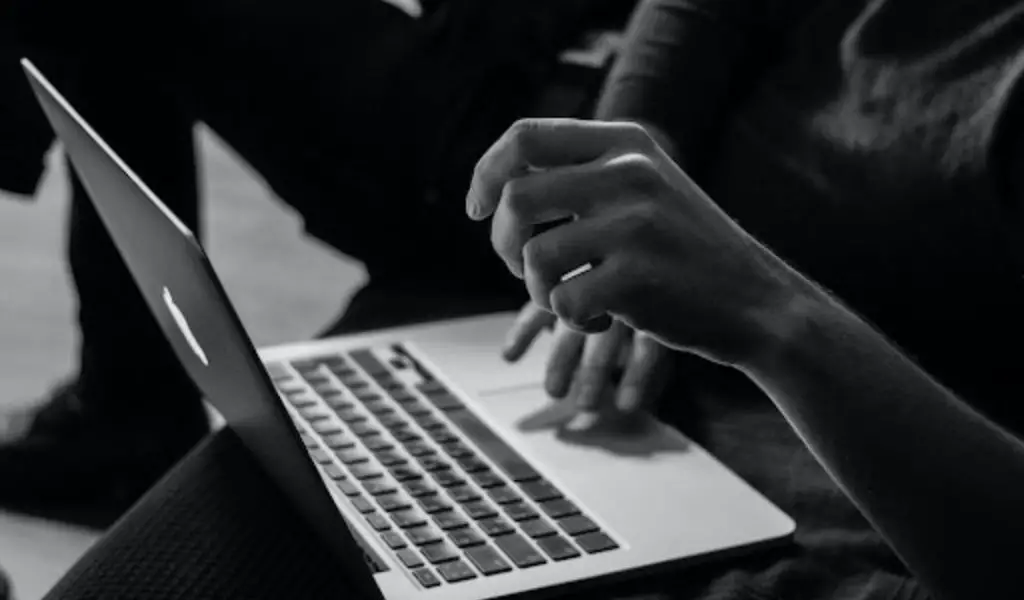Not a day goes by without learning of some data breach. In fact, as scandalous as it is, millions of people lose their personal information to online hackers every day. To keep your information safe, here are tips for keeping your information safe.
Strengthen your passwords
You want to set unique passwords that contain numbers and words to offset the likelihood of a hacker successfully guessing your password. Using a password manager tool or cybersecurity wizard can help you with this task and even give you ideas for the best combinations to create the strongest possible passwords.
You’ve probably already thought about routinely updating your passwords, but how secure are the passwords you’re creating? You need to think like a cybercriminal to avoid the threat of increasing your susceptibility to tax fraud or getting hacked.
Keep your social media sharing to a minimum
While social media is certainly the place to be engaged online, be mindful of the amount of information you share. If you give someone too much personal data, they can use it to access your information.
To avoid putting your data at risk, be careful what you post and be sure to check your settings from time to time to see who exactly is on your network and viewing your posts. Avoid exposing personal data on locations, birthdays, etc.
Free Wi-Fi is not free
It certainly comes in handy to have free Wi-Fi in a store, cafe or restaurant when you need it. That said, just because Wi-Fi is free doesn’t mean it’s risk free for your data protection.
Many public Wi-Fi networks lack security measures, which means that you and everyone else using the network is at risk of a threat and the possibility of losing control over your personal data and online activity.
When possible, avoid using public Wi-Fi and use your devices at home or wherever you know there is a password-protected network. At the very least, avoid online shopping when you’re using public Wi-Fi!
Add to your digital security and protection
Consider protections like cyber insurance to keep your home safe in the event of cyber attacks. By adding to your protection through products like antivirus software, a firewall, etc., you can successfully evade security attacks and keep your information more secure.
Check website security
Not all websites are secure. Unsecured websites can be difficult to identify at first glance. If you think a site is unsafe, exit it immediately. As a general rule of thumb, note that a lock symbol on the link indicates that the connection is secure. You can also look for other visual cues, such as stamps, a website’s privacy policy, and seeing “https” at the beginning of the URL.
Cybercriminals Are Getting Creative – Stay Alert
Lately, cybercriminals are getting more cunning as they are creating seemingly identical emails from trustworthy corporate entities to scam people into providing their personal information.
Always double check the emails you receive to avoid these scams. If you see misspellings, strange email addresses, or other signs that don’t normally reflect the essence of the trusted sender, this is a red flag that the email or notification is spam.
Outsmart cybercriminals with advanced security measures
Keeping your personal information safe from damage is challenging. You want to do everything possible to control the accessibility of your personal information online. Consider the tips above and take steps to protect your data from harm.
With technology advancing rapidly, digital security measures need to improve as well. Avoid relying on outdated security methods, as these will not provide you with the technology you need to outsmart the activity of cybercriminals.

Subscribe to our latest newsletter
To read our exclusive content, sign up now. $5/month, $50/year
Categories: Technology
Source: vtt.edu.vn
